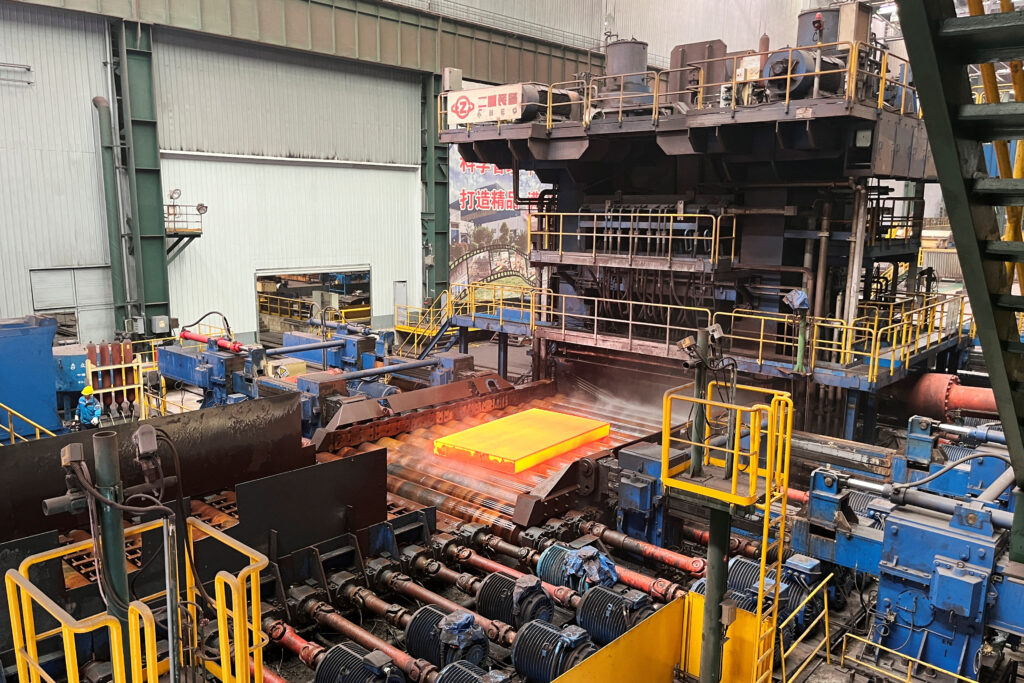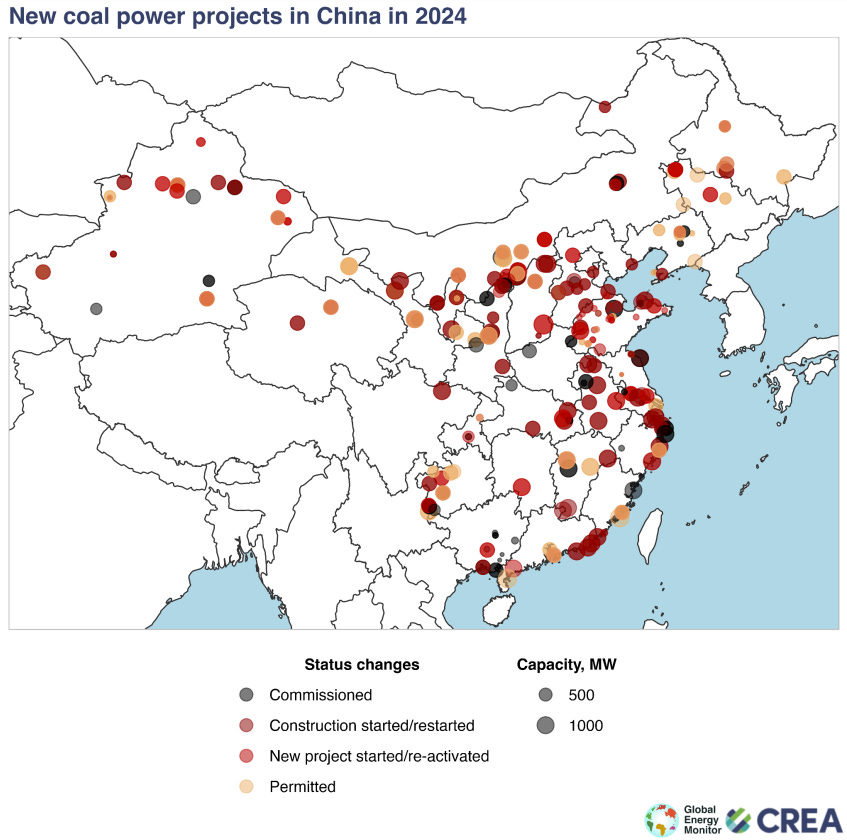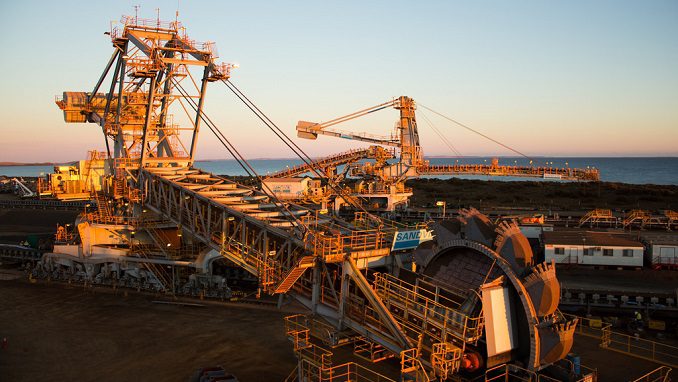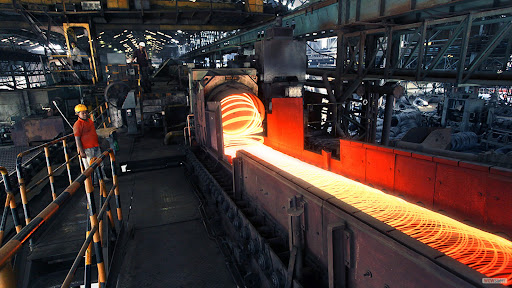In 2023, China’s steel exports exceeded 90 million mt. Customs data shows China’s 2023 steel exports hit 90.264 million mt, up 36.2% YoY, nearing the 2014-2016 peak, marking a near-record high.
Post-2016, China’s steel exports fell for four straight years due to key reasons.
1. China’s steel export decline post-2016 was largely due to domestic reforms, eliminating 140 million mt of “low-quality steel” by June 2017 and achieving the “13th Five-Year” steel cut goal early in 2018.
2. In 2018-2019, China’s rising domestic demand and shrinking production tightened supply and upped export prices, reducing exports.
3. COVID-19 in 2020 led to a global economic slump and disrupted the steel supply chain, slashing trade volumes.
4. China’s high steel exports spurred more trade disputes and a rise in anti-dumping and countervailing cases.
Steel demand and exports rebounded in 2021 post-pandemic, and in 2022, China filled the export gap created by the Russia-Ukraine conflict. China’s 2023 steel exports neared a seven-year high, spurred by the yuan’s depreciation and subsequent export price advantage. China’s steel export prices fell about 30% this year, boosting profits and driving mills to pursue export orders. World Steel Association data shows a 0.5% rise in 2023 crude steel production to 1715.1 million mt among 71 countries. Non-China regions produced 763 million mt of steel in 2023, up 0.61%. Demand is set to rise by 1.8%, hitting 1.8145 billion mt, pushing China’s exports to a yearly peak.
China’s 2023 steel exports hit 90.264 million mt, up 36.2% YoY, with hot-rolled coils, medium-thick plates, and rod/wire materials seeing major growth. Exports to Europe and America fell, while those to emerging markets significantly rose.
In 2023, except for tubular goods, all other steel exports from China increased. Flat products led with hot-rolled sheet/coil up 84.09% to 21.18 million mt, medium-thick plates up 43.59% to 8.5789 million mt, rod/wire up 42.06% to 10.8817 million mt, cold-rolled sheet/coil up 13.33% to 6.2005 million mt, extrusion slightly up 1.66% to 3.4417 million mt, and strip steel up 12.52% to 803,500 mt mt. Tubular goods dropped by 53.15% to 8.6529 million mt.
China’s 2023 steel exports to Southeast Asia and Central Europe saw a significant increase.
China’s steel exports to Europe and America declined, with a marked growth acceleration to emerging markets.
The “Belt and Road” boosted China’s steel exports, with 2023 growth rates in Western Asia, Southeast Asia, Central Europe, and Central Asia reaching 63.10%, 35.22%, 163.22%, and 98.52%, respectively.
In terms of volume, Southeast Asia, with a 670 million population, was the top recipient of Chinese steel in 2023 at 26.8998 million mt, followed by West Asia’s 15.8717 million mt. With high population densities, Southeast Asia’s 670 million people have low per capita steel consumption, signaling vast growth potential.
In contrast, steel exports to North America and the EU from China dropped in 2023 by 16.62% to 1.489 million mt and 5.57% to 3.6703 million mt, respectively, with a 20.99% fall to 64,800 mt in the Nordics. This decline is primarily due to the ongoing inflation cycle in Europe and America, compounded by a rise in trade protectionism.
2023 analysis shows Chinese steel exports fell to Italy and the US by 21.52% and 14.24%, respectively, but rose to other countries.
South Korea, Vietnam, Philippines, Thailand, and Turkey imported over 4 million mt of Chinese steel, totaling 8.4028 million mt, 9.2592 million mt, 4.3272 million mt, 4.7436 million mt, and 4.0056 million mt respectively. Vietnam, India, UAE, Brazil, and Turkey saw over 50% growth in Chinese steel imports YoY.
In 2023, China’s steel exports to Vietnam and Turkey were high and fast-paced.
SMM data shows Tianjin Xingang and five other ports made up 71.33% of total shipping volume.
SMM data: In 2023, 6 out of 32 main domestic ports each exported over 5% of China’s total steel. Tianjin Xingang, Luojing, Jingtang, Lianyungang, Bayuquan, and Taiwan’s Kaohsiung had shares of 25.29%, 15.7%, 10.36%, 7.17%, 7.12%, and 5.69%, respectively, totaling 71.33% of exports.
Five ports had steel shipment growth over 49% YoY. Jingtang Port’s steel exports soared by 133.35%, exceeding 10 million mt in 2023, as a key northern China port with concentrated billings. Nanjing Port’s exports grew 427.27% from a low 2022 base, totaling only 58,000 mt.
2024 Steel Export Totals
11.37% Y-o-Y Drop!
Looking at the supply and demand aspects, SMM expects a bilateral rise in China’s 2024 steel industry: a 0.68% increase in crude steel production and a 0.74% increase in crude steel consumption.
SMM predicts a 11.37% YoY drop in 2024 steel exports, due to various factors.
1. Trade frictions: In 2023, 5 countries initiated 6 trade investigations against Chinese steel, with Mexico imposing nearly 80% tariffs on some products late in the year.
2. Bill of lading crackdown risks: The 2023 steel export surge was partly due to bill of lading exports. If the state begins to crack down on these export orders, it will lead to an overall reduction in steel exports.
3. Rising global supply impact: World Steel data shows December YoY crude steel output grew in top producers except China, Germany; Turkey’s rose 21.2%, South Korea’s 2.7%, India’s 9.5%.
Considering trade frictions, bill of lading crackdowns, and rising global supply, SMM forecasts an 11.37% drop in 2024 steel exports. However, strong January orders and full bookings until March. Given the low baseline in January and February of 2023, SMM expects that steel exports in January and February 2024 are still likely to maintain a positive YoY growth!









